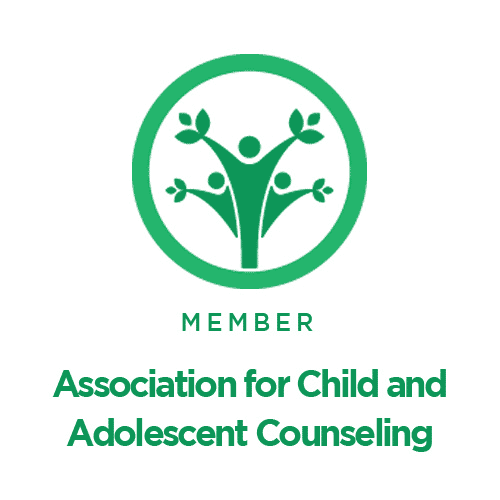Self-harm or self-injury is the act of intentionally inflicting pain or hurting your own body. While self-harm is not a mental health disorder, it’s often a symptom of other disorders. Approximately 2 million cases of self-harm are reported in the Unites States each year. Many cases go unreported due to the shame and stigma surrounding self-injury, the actual number is much higher than what’s reported. Teens have the highest rate of self-injurious behaviors, with the average onset being 13 years old. Females comprise 60 percents of those who engage in self-harm behaviors.
While self-harm may or may not be accompanied by suicidal ideation, it’s often not a suicidal gesture. Studies show that the longer non suicidal self-injury goes on, the higher the risk to experience suicidal ideation. There is no single cause of self-injury, but it’s often triggered by intense emotional pain. Feeling overwhelmed, lonely, worthless, misunderstood, empty, and numbness are some of the reported emotions that can trigger the behavior. Many people are often perplexed as to why someone would intentionally inflict pain on themselves. While this question can be answered differently according to who you ask, after self-harming- physiologically the body releases endorphins (neurotransmitters that act like morphine) to reduce the amount of pain experienced when hurt, injured, or stressed. Some compare the feeling to a “high”. The act can become addictive due to the “high” or release of built-up emotions.
Learning that your child is engaging in self-harm is scary and stressful. There are so many emotions, thoughts, and questions likely running through your mind. The most important thing to do is stay calm and emotionally regulated for your child. How you respond to this information can have a big impact on how much they trust you and communicate with you in the future. Try to lead with non-judgement and reassure them that you are there to listen and support as needed. Sometimes the child is not aware of why they are self-harming. The emphasis of the conversation should focus more on the feelings behind the behavior and how to help rather than trying to seek answers to the “why.” Of course, you want your child to stop engaging in self-harm, but you must remain realistic and patient. If you ask them to stop before they’ve developed the tools to do this, they will likely end up hiding it from you.
Validate that strong feelings are normal, the emotional pain is real, and difficult to experience. Let them know they can talk to you when they have the urge to self-harm or talk to you whenever needed. You can speak to your doctor for medical support and get them set up with a counselor to find healthier ways to cope. Parents can also benefit from additional support. Individuals can and do overcome their addiction to self-harm. The road to getting “clean” is often hard and met with many ups and downs, but it’s very possible. Hard does not equal unattainable and we can all do hard things 😉








